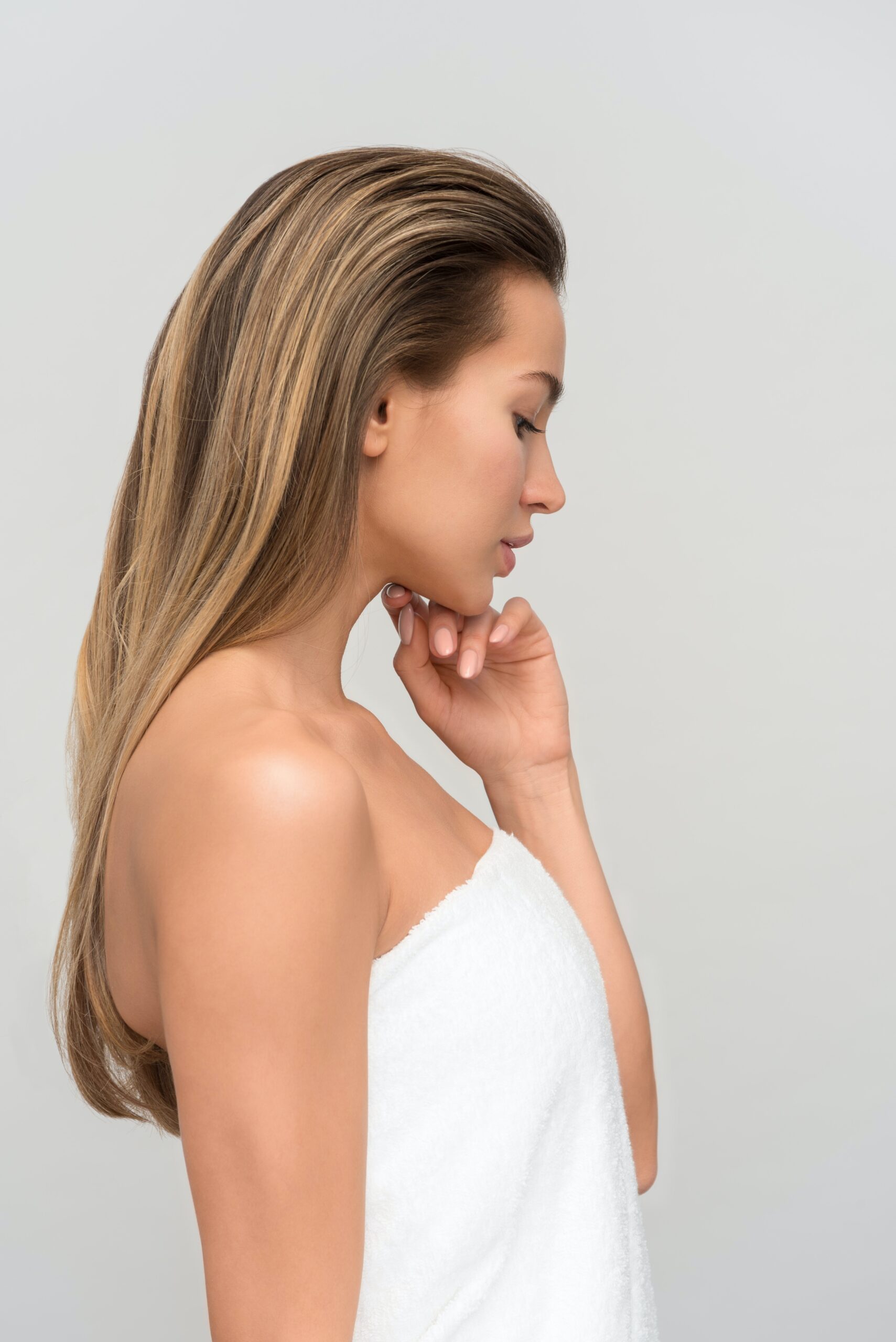Addressing Excessive Sweating During Menopause: Staying Cool and Comfortable
Menopause brings with it a myriad of changes, both emotionally and physically. One of the most prominent symptoms associated with this transition is the infamous hot flash, often accompanied by excessive sweating. Known as night sweats when they occur during sleep, these episodes can disrupt daily life and lead to discomfort. The good news is that several treatments and strategies can help manage and alleviate these sweating episodes.
The root of these symptoms lies in the fluctuating and decreasing levels of estrogen during menopause. This hormonal shift can affect the body’s thermostat, leading to sudden feelings of warmth and episodes of sweating. Additionally, the rapid changes in temperature can make the body perspire as it tries to cool down.
For many women, finding relief from these sweating episodes is essential for maintaining comfort, especially as these symptoms can persist for several years. Here are some effective treatments and strategies to consider:
Hormone Replacement Therapy (HRT): One of the primary treatments for menopausal symptoms, including hot flashes and excessive sweating, is hormone replacement therapy. This therapy works by replenishing some of the estrogen that the body no longer produces after menopause. It’s effective for many women, but it’s essential to discuss the potential risks and benefits with a healthcare provider.
Natural and Herbal Remedies: Some women have found relief using natural or herbal remedies. Black cohosh, for instance, has been researched for its potential benefits in treating hot flashes. Other botanicals, like red clover and evening primrose oil, have also been explored for their potential benefits, though the evidence is still inconclusive.
Prescription Medications: Some non-hormonal prescription medications can alleviate hot flashes and excessive sweating. For instance, certain antidepressants in the SSRI or SNRI class, such as venlafaxine (Effexor XR) and paroxetine (Paxil, Pexeva), have shown effectiveness in treating hot flashes. Other medications, like Gabapentin, originally used for seizures, and Clonidine, which treats high blood pressure, have also been prescribed to some women for hot flashes.
Lifestyle and Behavioral Changes: Simple lifestyle and behavioral strategies can provide relief. These include wearing light, breathable clothing; keeping the sleeping environment cool; avoiding spicy foods, caffeine, and alcohol; managing stress through relaxation techniques like deep breathing or meditation; and maintaining a regular exercise routine.
Environmental Adjustments: Keeping the living and workspace cool can provide significant relief. Use fans or air conditioning, or consider keeping a portable fan at hand. Taking lukewarm showers instead of hot ones and using cooling body products can also be beneficial.
It’s important to remember that every woman’s experience with menopause is unique. What works for one individual might not be as effective for another. Hence, it’s crucial to explore different treatment options and find what’s most effective and comfortable for one’s personal situation.
In conclusion, while menopause-related sweating can be a challenge, a combination of medical treatments and lifestyle adjustments can help women navigate this transitional phase with increased comfort. Always consult with a healthcare provider to discuss symptoms and get personalized recommendations.
